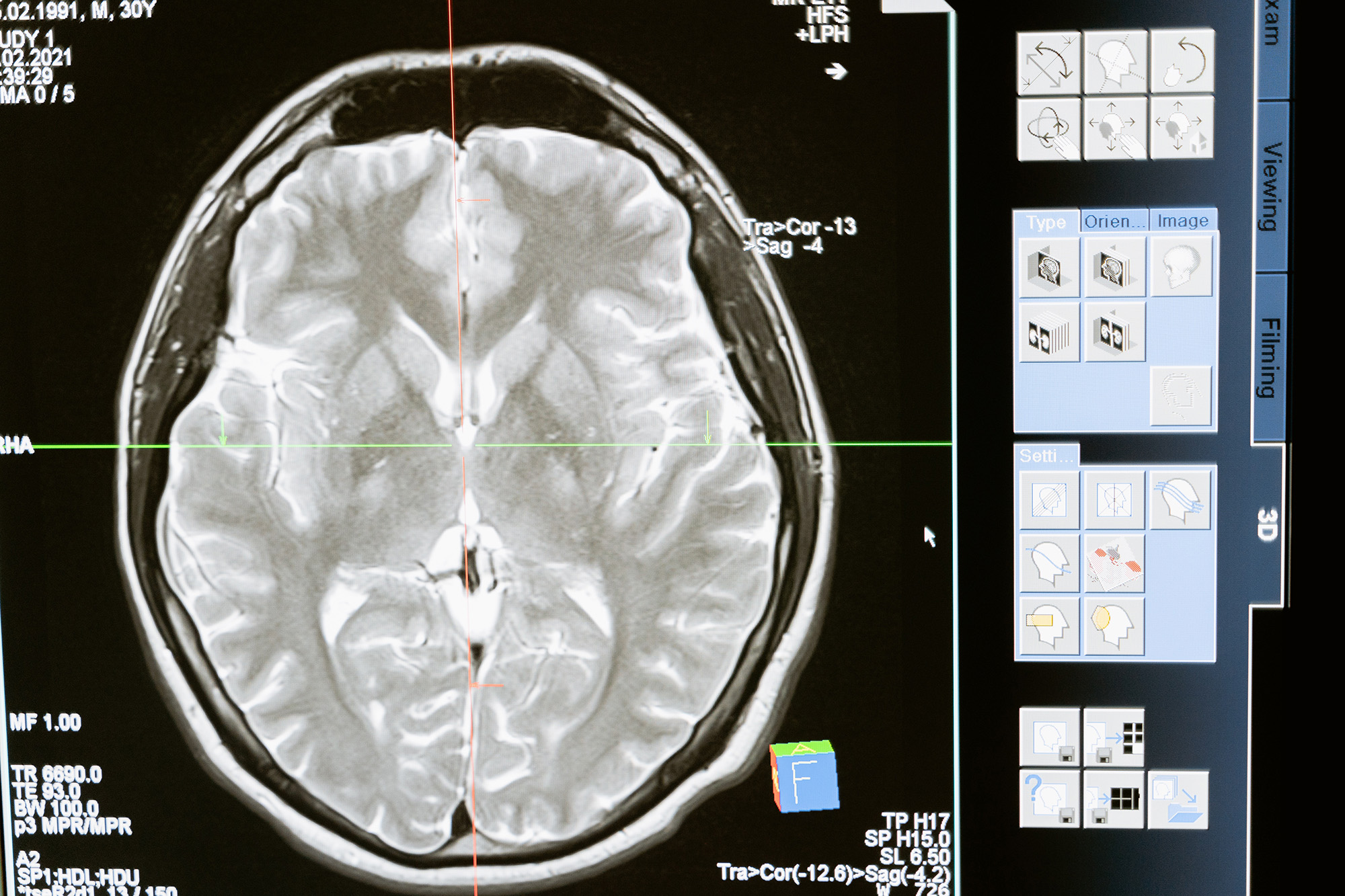Support workers play a crucial role in society by providing assistance and care to individuals who require support due to various reasons. This blog post aims to shed light on what exactly a support worker is and the vital role…
Introduction
Traumatic brain injury (TBI) is a severe medical condition that affects millions of people worldwide. It occurs when an external force causes damage to the brain, leading to a range of physical, cognitive, and emotional impairments. In this blog post, we will delve into the causes, symptoms, and treatment options for traumatic brain injury, shedding light on this often misunderstood condition.
Causes of Traumatic Brain Injury
Traumatic brain injuries can result from various causes, with the most common being falls, motor vehicle accidents, and sports-related incidents. Falls are particularly prevalent among young children and older adults, while motor vehicle accidents are a leading cause among teenagers and young adults. Additionally, sports such as football, soccer, and boxing pose a significant risk of head injuries.
Symptoms of Traumatic Brain Injury
The symptoms of traumatic brain injury can range from mild to severe, depending on the extent of the damage. Common symptoms include headache, confusion, dizziness, nausea, memory problems, difficulty concentrating, mood swings, and sensitivity to light and noise. In severe cases, individuals may experience seizures, loss of consciousness, coma, or even death.
Diagnosis and Treatment
Diagnosing traumatic brain injury involves a comprehensive evaluation by a healthcare professional, including a thorough medical history, physical examination, and specialised tests such as computed tomography (CT) scans or magnetic resonance imaging (MRI). Treatment options for TBI depend on the severity of the injury. Mild cases may only require rest, pain management, and close monitoring, while moderate to severe cases may necessitate hospitalisation, surgery, or rehabilitation.
Recovery and Rehabilitation
Recovering from traumatic brain injury can be a lengthy and challenging process. Rehabilitation plays a vital role in maximising recovery and helping individuals regain lost functions. This may include physical therapy to improve strength and coordination, occupational therapy to enhance daily living skills, speech therapy to address language and communication difficulties, and psychological counselling to manage emotional and behavioural changes.
Conclusion
Traumatic brain injury is a serious medical condition that requires prompt medical attention and comprehensive treatment. For more information on the care that we provide for TBI, please visit this page.



